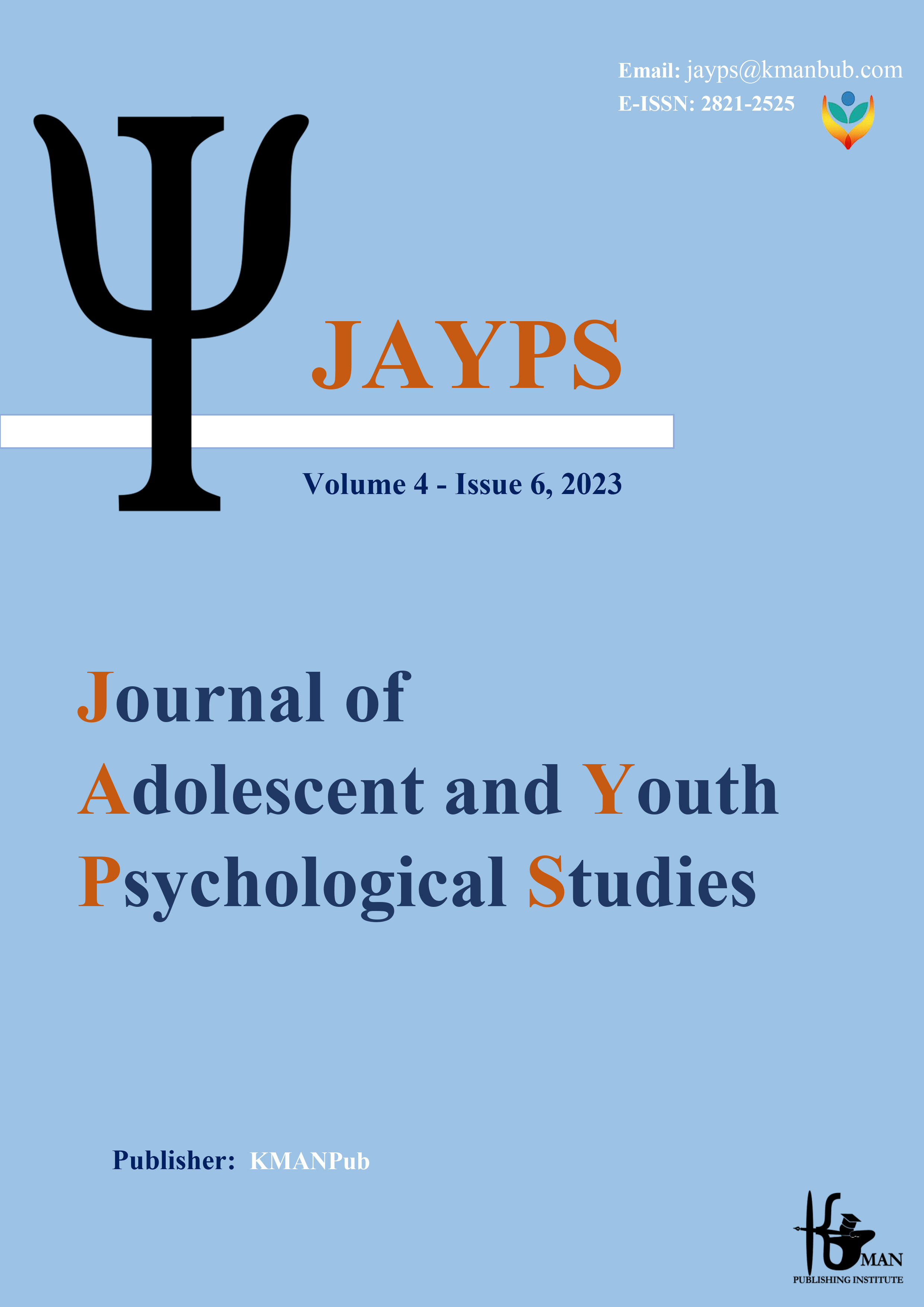Comparing the effectiveness of positive education and compassion-focused therapy in self-care, self-worth, well-being and responsibility of women with breast cancer
Keywords:
Positive education, compassion-focused therapy, self-care, self-worth, well-being and responsibility, breast cancer.Abstract
Background and Aim: Today, cancer is considered as a major public health problem. Therefore, the purpose of this research was to determine the effectiveness of positive education and compassion-focused treatment in self-care, self-worth, well-being and responsibility of women with breast cancer. Methods: The current research was a quasi-experimental type with a pre-test and post-test-follow-up design. The statistical population of the study consisted of all women with cancer who referred to Bo Ali Hospital in the second half of 2019. According to Cochran's formula, 45 people were selected non-randomly as a statistical sample. The research tools included the self-care questionnaire of Rigel et al. (2009), the self-esteem questionnaire of Crocker et al. (2003), the Ryff psychological well-being scale (1989), and the California accountability questionnaire (1987). Treatment based on positive psychology was held in 6 sessions for 6 weeks, 1 session per week and each session lasted 60 minutes. Compassion-based therapy was held in 12 sessions for 12 weeks, 1 session each week, and each session lasted 60 minutes. In the present study, the data were analyzed using covariance analysis and Bonferroni's post hoc test. Results: The research findings showed that positive education and treatment focused on compassion are effective in self-care, self-worth, well-being and responsibility of women with breast cancer (P<0.001). Also, these effects have sufficient stability and have maintained their effect in the long term. Also, there was no significant difference between the effectiveness of positive education and compassion-focused therapy on self-care, self-worth, well-being, and responsibility in women with breast cancer, and their difference was only with the control group (P<0.001). Conclusion: Counselors and psychotherapists can use these trainings to promote self-care, self-worth, well-being and responsibility of these people.
Downloads
Published
Submitted
Revised
Accepted
Issue
Section
License

This work is licensed under a Creative Commons Attribution-NonCommercial 4.0 International License.









